Monk Comes Down the Mountain
Everybody was… well, you know…
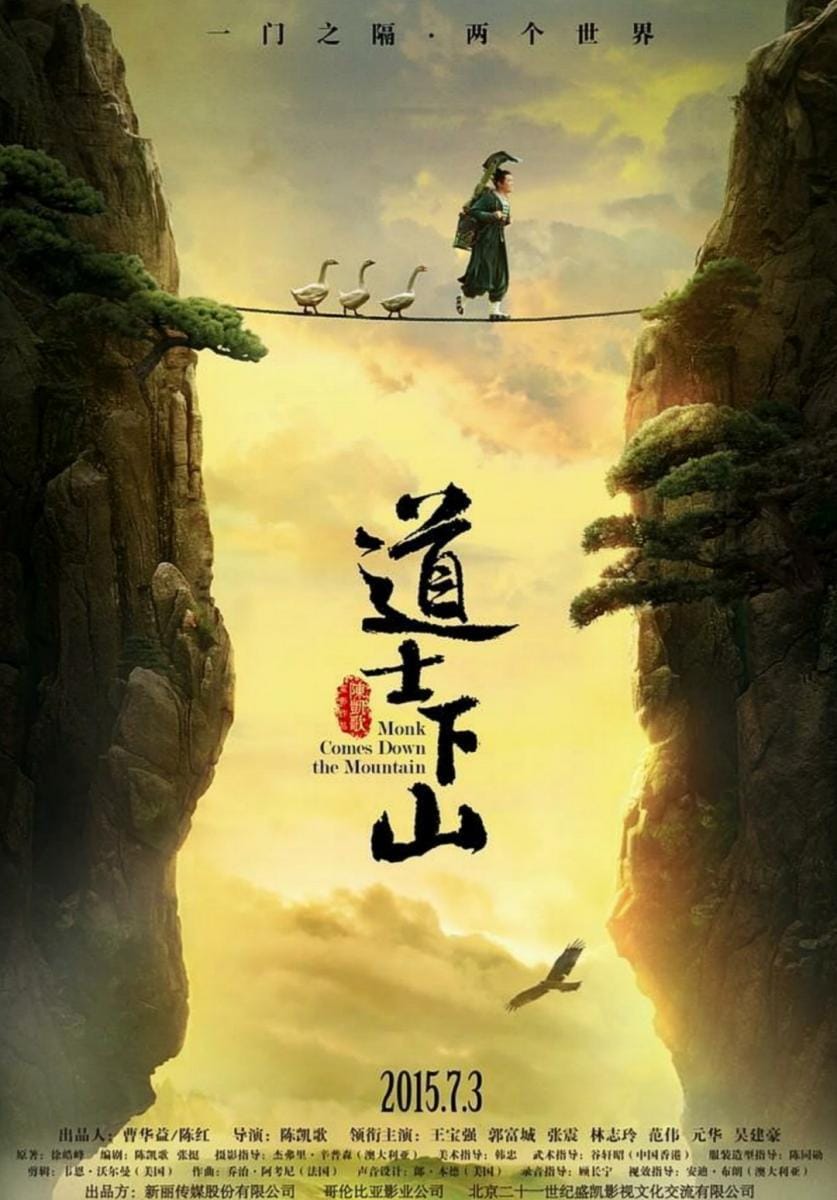
When a young monk is forced to leave his impoverished monastery, he relies on his extraordinary martial arts skills to survive in the outside world. His journey leads him on a long and meandering path, through friends and foes and mentors alike, as he tries to find his own place in the world.
Based on the best-selling novel Dao Shi Xia Shan by Xu Haofeng, this is a very simple tale of good and evil, an action-comedy all told in the heavily dramatic style of Wuxia serials, and narrated by the future child of the main character.
So…
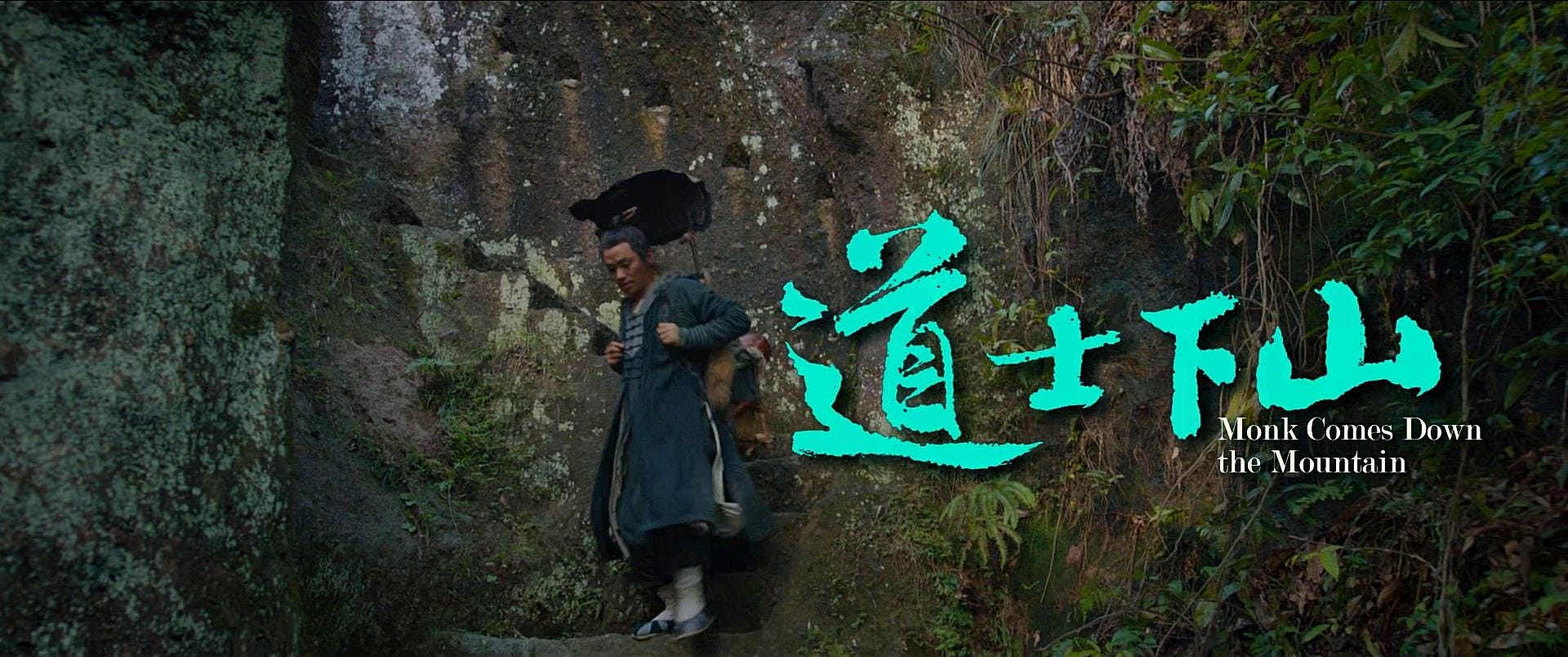
When times get lean, and Taoist abbeys sequestered high in the mountains can no longer feed all of its residents, that means that some of them need to pack up, head back down the mountain, and venture out into the world.
In one particular temple, there was a big martial-arts tournament held between the monks to determine who must leave to seek out their fortune. The winner was named He Anxia, a young man abandoned long ago at the temple as a baby, and raised by the Abbot, who also gave him his name, which means “where to put” because the Abbott was literally looking for a place to put the infant down at the time. Even though He Anxia handily beat all the others, he discovers that winning is actually losing, as being the best fighter means that he should have the best chance of surviving in the secular world. As he leaves, the old Abott reminds him that while on his journey, he may “meet good and bad people, but a hero stays true to himself.”
Set in Hangzhou during the turbulent 1930s, He Anxia heads out into the world, experiencing all of its trials, tribulations, and seductions, as he tries to find his path to the Way of Enlightenment. Along the way, he meets many different masters… a doctor of Chinese medicine and the owner of an Apothecary, a broom-wielding Taoist monk and warrior, and a spear-wielding opera singer and kung fu master.
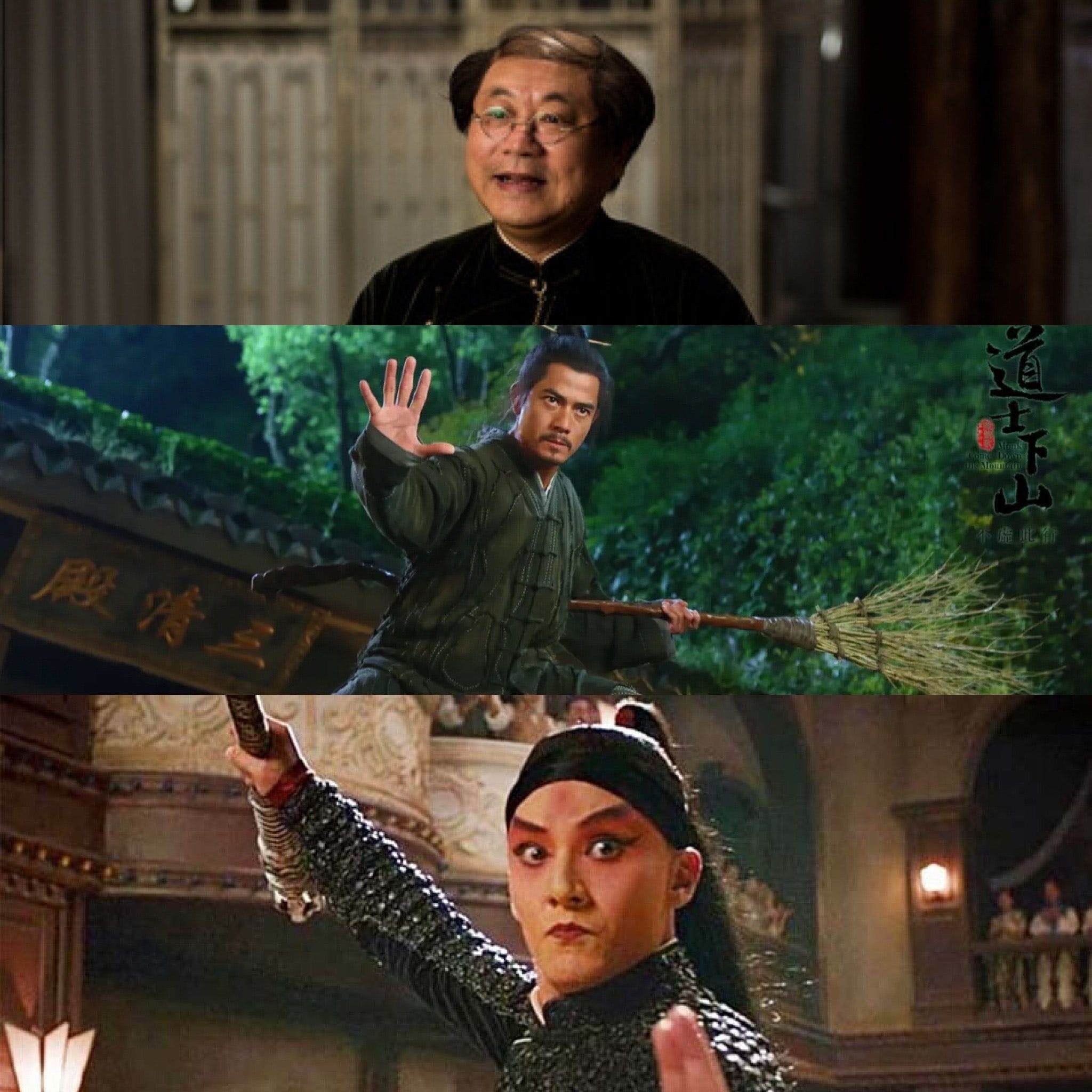
From this trio of mentors, He learns not just about the world in general, but a bunch of Taoist life lessons as well. He also learns some powerful kung fu techniques like the “Ape Strike” and the “Nine Dragon Strike” and the “Night or Day Ape Rehearsal.”
This path puts him on a collision course with a fabulously mustachioed villain. This is a man who is still angry that his dying father passed him over years ago when it came to control of the family dojo. Now, he is obsessed with learning all the secrets of Kung fu, and becoming the most powerful master to ever live.
The villain’s son, in one of the more ridiculous and slapstick-driven scenes, not to mention one of its most random, shares a meal of some vaguely “poisoned” meat with He. For some reason, this meat briefly deforms them both, causing their hair to stand on end, and giving them massive goiters, as they run about, wildly hallucinating, fighting people, and committing crimes.
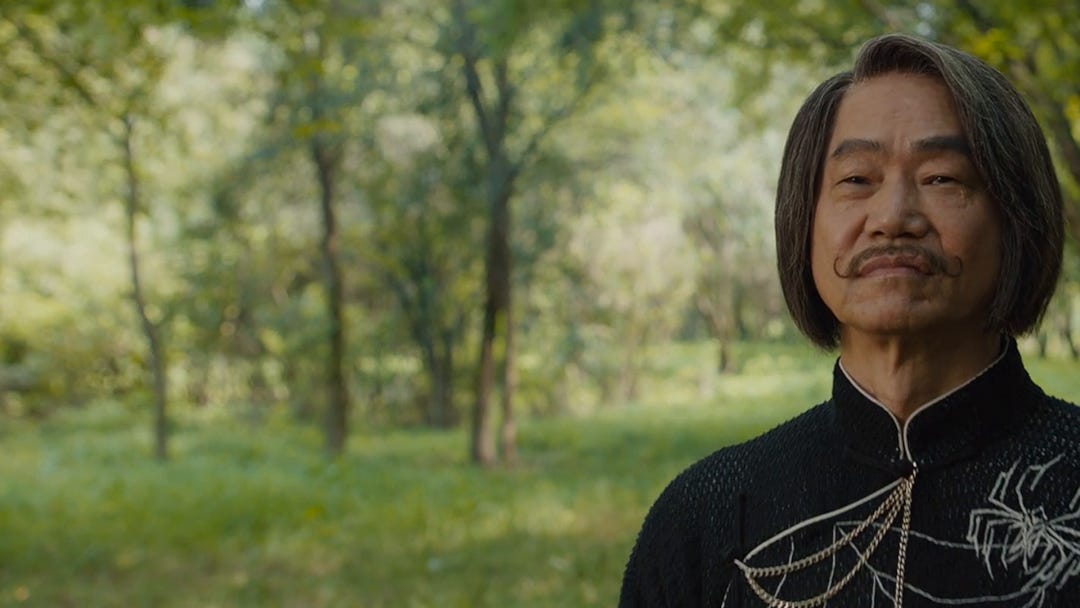
Meanwhile, in a nod to an overarching plot… The fabulously mustachioed villain wants the secrets of the Ape Strike Form, and both he and his son are willing to kill for it. This leads to a climatic, elaborately choreographed kung fu fight, embellished with a lot of CGI magic and flashy visual effects that are pretty awesome all around, which is a perfect way to end this very silly and somewhat cartoonish film filled with melodrama and Buddhist teachings.
Overall, the story touches on the usual Kung fu flick plot points… revenge, forgiveness, atonement, inner peace, yadda yadda yadda, but the general lack of structure when it comes to the story, not to mention the lack of transitions, and the kind of meandering, disconnected, and self-contained feel of all the different sections, makes the film seem like it was just randomly strung together, rather than created as one coherant narrative. This is what usually happens whenever a novel is crammed down into a feature length film adaptation. The result is there are just too many big plot points, and not enough narrative connective tissue or story foundation to give any of the film’s events any real dramatic weight. So, much like say… The Force Awakens, this film just ends up feeling like a lot of hurried rushing about from one room to the next, generating little concern for anything that’s actually happening in the separate rooms, and all done with zero understanding of not only where these different rooms all lie in connection to one another, but also where the house is even located. It’s a visually fun film, one that is sometimes cool and sometimes funny, but overall…?
It’s meaningless fluff.
In the end, Monk Comes Down The Mountain is a good looking film hampered by its own overwrought and poorly-executed story. It’s fun at times, and definitely fluffy, full of high-wire razzle-dazzle, with more than a little very heavily-implied bromance, but not much else.
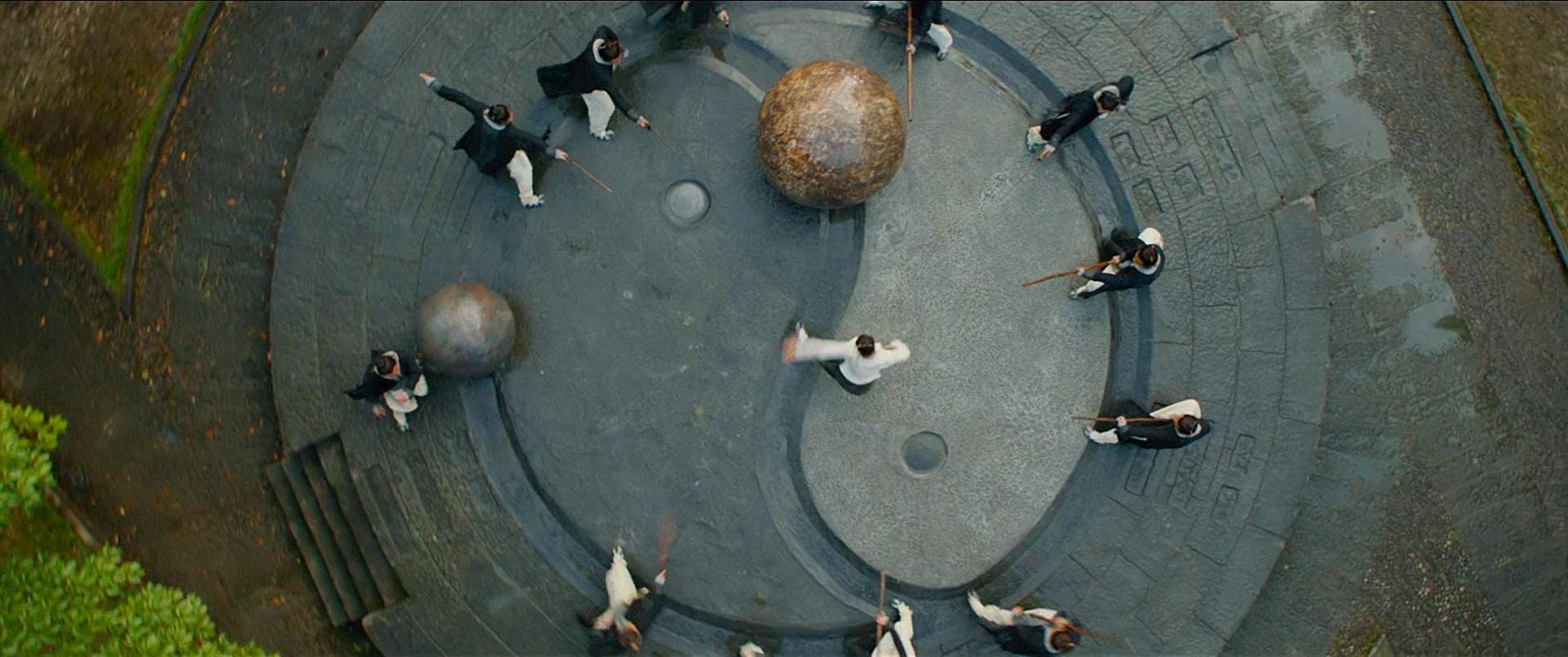
It’s fine, if you’re in the mood for a fluffy Wuxia kung fu flick, but it’s also nothing special, and there’s better told versions of this same kind of story out there.
